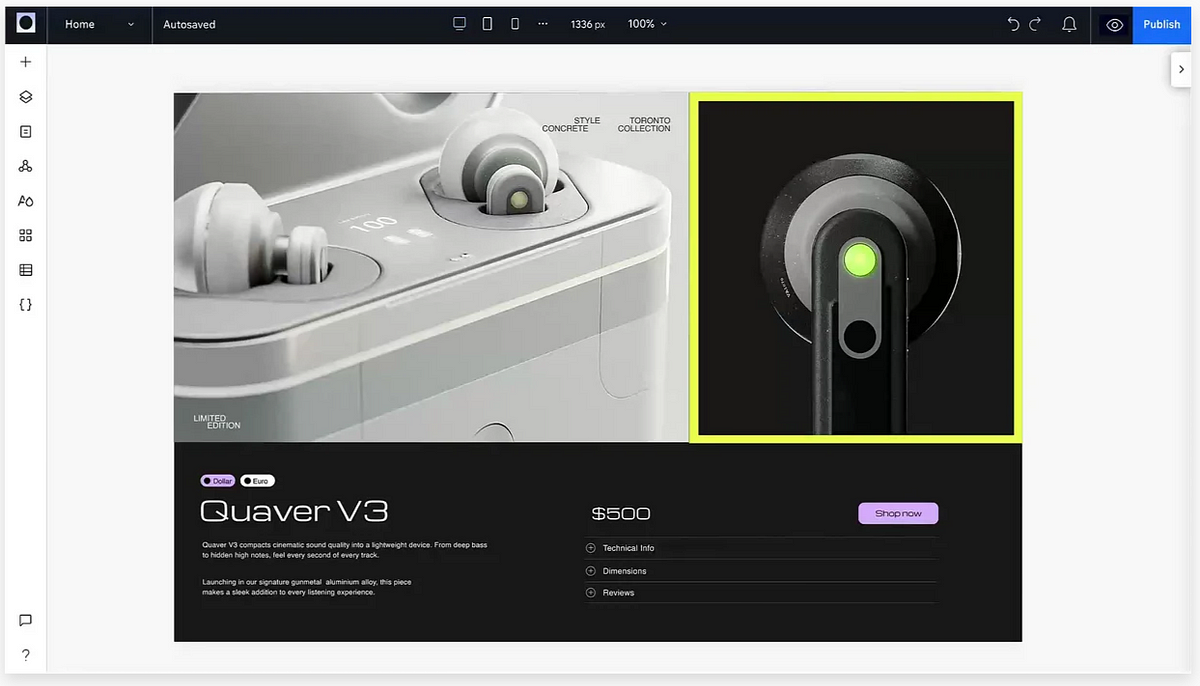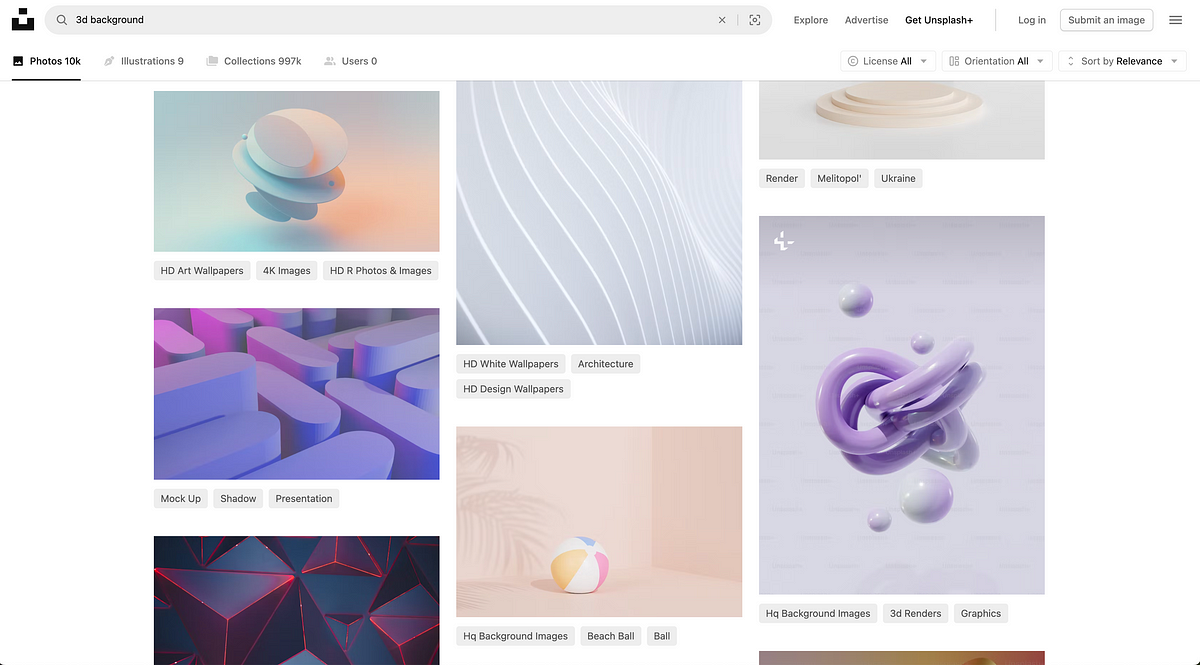Usually, when we talk about website design at Muzli, we dive deep into details and discuss grand ideas like user design process, research, wireframing, content strategy, testing, and so on. But when it comes to website design for a small business, reality hits and the scope changes a bit. As budget and time limitations become very important factors, the brief becomes very simple: the company simply needs a nice website to inform our customers about what they do.
Today, we are going to take off our smart hats and focus on helping you make the website design process for small businesses as efficient as possible. Even if it means cutting a few corners here and there, the result can still be great.
1. Mindset: creating a perfect website is harder than you think
First of all, you should manage your expectations to prevent future disappointment. Even though it might not look like much to an untrained eye, creating a high-quality website is a long process that requires a lot of experience from at least a few professionals. People spend years studying best practices in design, development, and copywriting for a reason.
Forget the shiny webs of big corporations for a second. If you do not have an experienced team behind you or enough budget to hire one, you should focus on getting the optimal result — a solid ‘good enough’ website for your small business.
2. Make sure you start with the website content, not design
Once the mindset is intact, you should focus on creating content for your website. Often, less experienced small business owners who build their first website make this mistake: they focus on design first and only then on the content to ‘fill in the gaps.’ What you want to say and show should dictate how it’s going to be represented on the website, not the other way around.
3. Get the most of modern website builders
Website builders have become increasingly popular over the past decade. While at first business owners were sceptical about them, powerhouses such as Wix and Squarespace have seriously improved their game and now offer professional-looking websites for small business owners at a fraction of the price. They offer an all-in-one solution that not only deals with website design but also includes domains and hosting.
4. Use the template that fits your business the best
All of the popular website builders offer many templates for most popular business areas. Car repair shop? Sure. Small bakery? Easy. Barbershop? They’ve got you covered! Try to find the template that is closest to your business area. Even though there are no perfect templates in the world, chances are that this way the structure and theme of the website will be closest to yours and will need the fewest changes.
5. Focus your effort on essential pages first
When a small business deals with limitations, prioritization becomes a crucial skill. It’s the same with websites. Start with the most important pages like Home, About, Contact, and Services or Products. Additional pages can be added later. The same applies to design elements. By keeping the design simple and functional, you will reduce the time spent on visual elements.
6. Use stock resources for images, icons and other visual elements
While it would be beneficial to have real photos of your business — showing real faces of real people is super valuable for small businesses — you can do without them. Use resources from sites like Adobe Stock or Shutterstock to buy and quickly add visuals to your site. Additionally, you can explore websites like Unsplash or Pexels, where the pictures are free to use. The same can be done for forms, buttons, and other UI elements.
7. Outsource website creation tasks to focus on your business
Even though most website builders focus on simple drag-and-drop editing and most users can do it themselves, certain skills are still needed. And some good taste! If you are generally tech-savvy, creating a company website yourself should be no problem. If not, consider outsourcing it to professionals and focusing on what you know best — developing your business.
Is it hard to create a website for a small business?
While there’s value in creating large and complex websites for big companies, small businesses might not always require it, especially if the website itself doesn’t generate value. If it’s merely a place to showcase your previous work and provide potential clients with your contact information, a simple website could be completed in a day or two. We hope we’ve demonstrated that it can be done easily and effortlessly.
By following these tips, you can significantly reduce the time required to get a functional website up and running. You can spend picking right fonts or colors for your website. But don’t forget that focus is the key: create essential features first, and then iterate and improve the site as needed.
This approach will allow you to create your first MVP (minimum viable product). Afterward, you’ll officially be able to brag to your friends that you’re a web designer. Best of luck!














